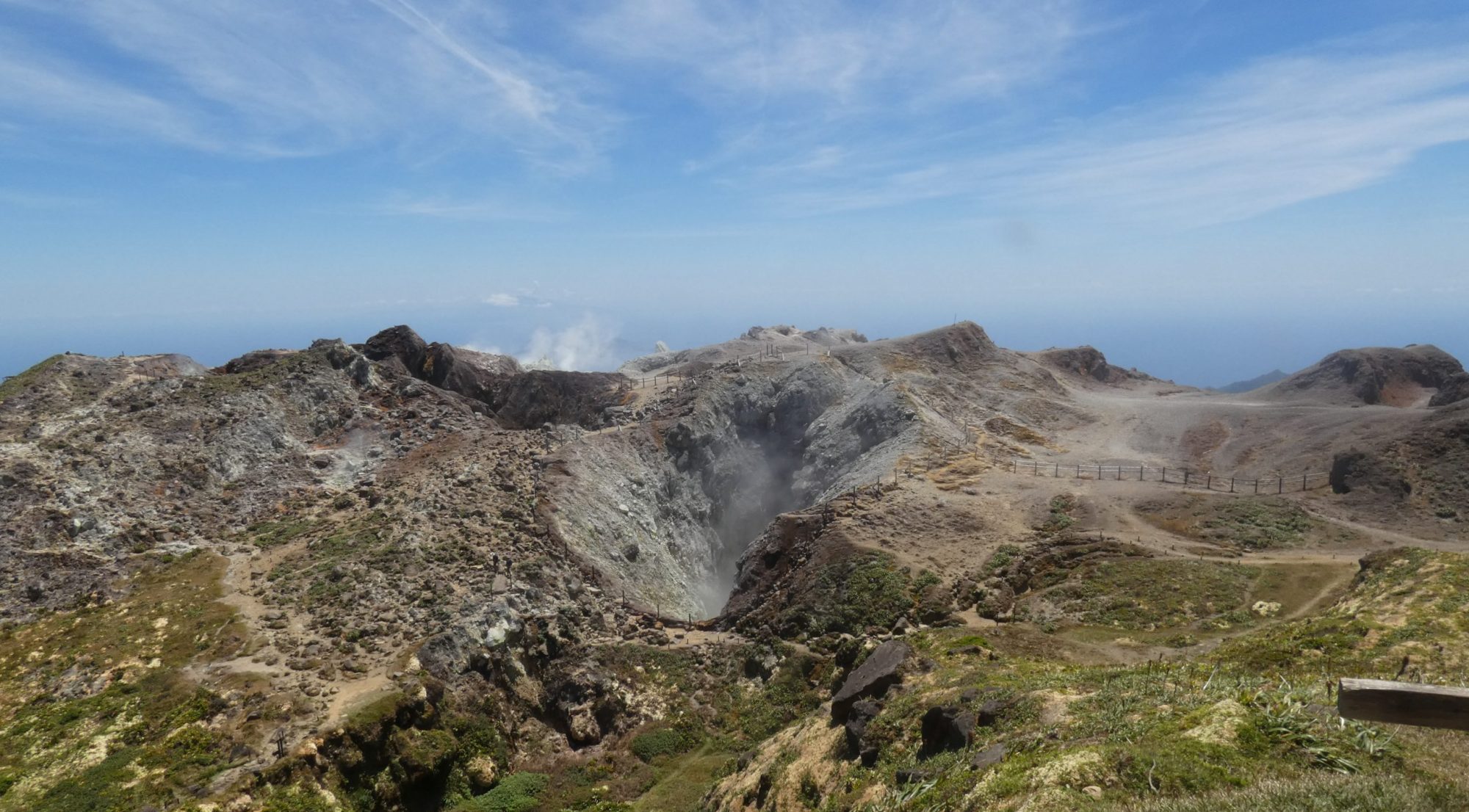Answer to fundamental questioning
The Caribbean Geophysical and Numerical Research Group (TCGNRG) is involved in several research projects particularly in the field of the Renewable Energy.
Some of them are listing and quickly presented below. For more detail please contact the team contact@tcgnrg.com
Current Study
Wave Energy in the Caribbean Area
First study on Jamaica’s offshore Wave Energy Potential
by Alton Patrick Daley
Mphil Study at UWI Mona, Kingston, Jamaica
2016-2019
Recent effect of Global Warming conjugated to the increase of oil barrel price put to investigate the non-conventional energy resource as wave and sea water current energy. Despite the launch of several sea wave energy converters very low study have been conduct for the Caribbean area.
First global assessment shown the low potential of wave in the tropical belt due to low wind intensity during the main part of the year. But in case of high price of oil barrel and binding condition for the preservation of the climate and the mitigation of fossil fuel usage as the one included in Paris Agreement low efficient energy as wave energy can start to be competitive.
This study, which is the first at this size for Jamaica, try to determine the sea state climate of Jamaica using wave buoys (NOAA/NDBC), altimetric satellite (Jason 1&2), numerical simulation (NOAA/NCEP/WW3) data. Analyze of numerical modeling of wave propagation in the vicinity of Jamaica for all weather condition (i.e., during and out of the Hurricane season) is conducted.
Edition of Wave Energy map for Jamaica is currently being edited. Short review of available converter and economical feasibility is presented.
Alton was graduated in the beginning of November 2020, after validation of thesis.
The thesis will be downloadable in a few months. An extended abstract will be ready in December on that web page.
Last publications available:
- Alton Patrick Daley Jr, Jean-François Marc Dorville, Michael A Taylor (2017), GC22B-04 Assessing the Wave Energy Potential of Jamaica, a Greater Antilles Island, through Dynamic Modelling. https://agu.confex.com/agu/fm17/meetingapp.cgi/Paper/263495
- Alton Daley, Jean-François Dorville, Michael Taylor (2019). The First Steps Towards The Realization Of Energy From Oceanic Waves In Jamaica. Caribbean Science and Innovation Meeting 2019, Oct 2019, Le Gosier, France. ⟨hal-02898857⟩
[Poster session] https://www.tcgnrg.com/cariscience_guadeloupe2019_daley_et_al/
Green Powered Desalination Plant
Renewable Energy sources for seawater desalination in a Tropical island (study case of Jamaica)
by Zachary Williams E. S.
Mphil Study at UWI Mona, Kingston, Jamaica
2017-2019
Water shortage is slowly becoming a problem worldwide and more specifically for developing countries such as Jamaica, a medium sized, tropical island. Climate change and population growth all have adverse effects on the demand for water.
Climate change effects such as increasing surface temperature and change in rainfall patterns will mean rainwater harvesting will become more difficult. Therefore, traditional sources of fresh water are threatened by the new, larger demand placed on by the increasing global population.
Desalination is considered as the main solution to this problem of lack of freshwater, despite the brine generation and its rejection in the sea. The earth contains a large percentage of water which is about 71% and sea water accounts for about 96.5%. Caribbean Islands are in prime position to utilize the desalination process due to their access to the resource of sea water and issue to have a sustainable hydrological regime. However, one main drawback of the process is that is very energy intensive.
This is where the use of renewable energy sources comes into place. Tropical islands are suited to use renewable energy sources such as solar and wind sources.
The goal of this study is to develop a model of a desalination plant that can be implemented in the tropical belt, in a medium sized island such as Jamaica, powered by renewable energy sources thus providing alternative sources of freshwater to a high water risk country. To do such, conditions of the energy (solar radiation, wind speed) and salt/fresh water resources (water current, temperature and salinity) is evaluated for the study case of Jamaica. Statistical data are used in a numerical model to assess production and distribution of desalination plant powering by solar-wind-wave mix.
Research into using renewable energy sources for the production of purified water from saltwater sources can contribute greatly not only on a local level but globally as there are several places that lack potable water and do not have the ability or funding to develop desalination plants due to high energy demand and costs. In particular in Jamaica, there have been extreme drought seasons in the recent years due to climate change and the accessibility of water by most persons has been strained due to lack of rainfall. As an island, there is great potential for implementing a desalination water plant but electricity costs have been a main deterrent
Zachary was graduated in September after validation of the thesis. The thesis will be downloadable in a few months. An extended abstract is already available on that link : https://www.tcgnrg.com/zachary_williams_extended_abstract_compressed/
Main purpose of this research :
- Explore technical and economic considerations for seawater desalination in a tropical island
- Compare the different desalination processes and how different renewable energy sources can be used to power these processes
- Determine which of the options are most suitable for Jamaica technology wise as well as being economically feasible.
More information on this project (i.e., #JamGreenDesal) are available of the dedicated web page.
Last publications available:
- Z. Williams, J.F.M. Dorville, Michael Taylor. Using Lora P2P Network for Autonomous Seawater Quality Monitor for Green Powering Desalination Plant. Caribbean Science and Innovation Meeting 2019, Oct 2019, Pointe-à-Pitre (Guadeloupe), France. ⟨hal-02581205⟩. [oral presentation] https://www.tcgnrg.com/cariscience_guadeloupe2019_williams_et_al/

